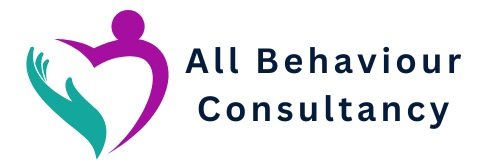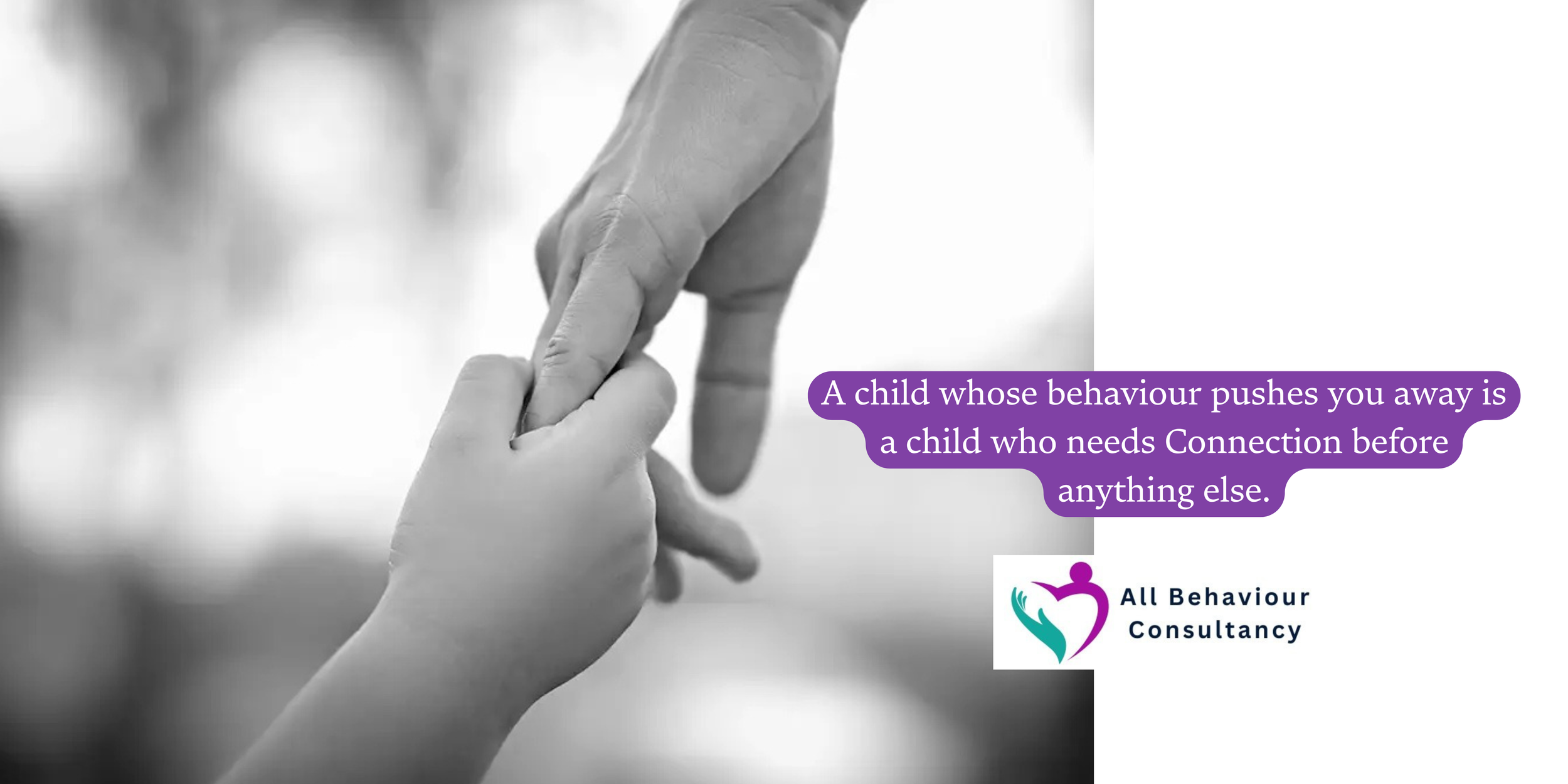Early Support for Autistic Children in London: The Importance and Benefits of Early Intervention
Early Support for Autism: The Importance & Benefits of Early Intervention for your Child
At All Behaviour Consultancy, we deeply understand the life-changing impact that early support can have for Autistic children.
The earlier a child receives help, the better their chances for long-term success in key areas like; Communication, Social skills, and Emotional well-being.
Early support for Autism isn’t just about providing Behaviour therapy; it’s about laying the foundation for a child’s future, equipping them with the lifelong tools they need to thrive.
The ideal ages for early Behaviour support are between 5 and 7 years old, but don’t worry if you are a little late.
Our compassionate and fabulous team of ABA Therapists and Child Behaviour Support Specialists are ready to help you every step of the way.
Keep on reading to learn more about the significance of early Autism support and the benefits that will help your child and family adjust to life in an neurotypical world.
Why Early Support for Autism Matters
The science is clear: the early years of a child’s life are crucial for brain development. During this time, the brain is incredibly plastic - meaning it can form new connections and adapt more easily to learning.
Early intervention for Autistic children takes advantage of this period when the brain is most receptive to change.
With the right support, children can develop essential skills that will help them engage with the world around them and manage challenges with greater confidence.
Research consistently shows that the earlier a child receives targeted support, the greater the improvements in their social communication, adaptive skills, and overall behaviour.
Early intervention can also reduce the likelihood of additional developmental challenges arising as the child grows older.
The Benefits of Early Intervention for Autistic Children
Improved Communication Skills
Many Autistic children face challenges in communication, but with early intervention , they can develop essential language skills. Speech and language therapy, as part of early intervention, helps children understand and express themselves more effectively, which is key for building strong relationships and engaging with others.Enhanced Social Skills
Children on the spectrum often find social interactions difficult, and this can lead to feelings of isolation. Early intervention programs teach children important social skills, such as , taking turns in conversation and understanding social cues. These skills are foundational for building meaningful connections and friendships.Better Emotional Regulation
Managing emotions can be especially challenging for Autistic children. Early intervention helps children learn to recognise and cope with their emotions in ways that enhance their mental wellbeing, reducing instances of frustration or meltdowns and increasing their emotional resilience.Reduced Future Support Needs
When early intervention is provided, many children can make significant progress and reduce the need for more intensive services later on. With the right tools, children can gain independence and self-confidence, minimising future challenges in school and daily life.Stronger Family Support
Early intervention doesn’t just benefit the child - it supports the entire family. Parents and caregivers are provided with strategies to help support their child’s needs, while also receiving emotional support through this journey. The earlier you begin, the more empowered you will feel as you navigate the challenges of Autism together.
What Does Early Intervention for Autism Look Like?
There are a wide range of services are available to provide early intervention for Autistic children in London.
These services typically include:
Speech and Language Therapy
Helps children improve their communication skills, both verbal and non-verbal, which is vital for their overall development.Occupational Therapy
Assists children in developing skills for daily living activities, such as dressing, eating, and self-care, which promote independence.Behavioural Therapy
Applied Behaviour Analysis (ABA), which we offer here at All Behaviour Consultancy, teaches parents and schools how to manage behaviours, learn new skills, and interact with others in a positive way. We utilise the principles of Positive Behaviour Support within an ABA structure.Parent Training and Support
Parents should always be included in the ABA process to ensure the skills being learned are reinforced at home too . We offer one-to-one online Parent Support at All Behaviour Consultancy, teaching parents and caregivers how to support their child’s development at home and in the community.Social Skills Support
Focuses on helping children navigate social situations, teaching them how to build relationships with peers and adults in different situations. Please get in touch with us if you would like support for your Autistic child to help them develop social skills.
How to Access Early Support for Autism in London
In London, there are numerous organisations, local authorities, and specialists that offer early intervention services. Here’s how you can begin the process:
Consult with Your GP
Your first step should be to speak with your child’s GP. If you have concerns about your child’s development, your GP can refer you to local health services, such as a paediatrician or a BCBA Autism specialist for further assessment and guidance.Contact Local Autism Support Services
Organisations like the National Autistic Society (NAS) and Ambitious About Autism provide guidance, resources, and services specifically for early intervention.Explore Local Authorities’ Services
Each London borough offers early support services through their Special Educational Needs (SEN) departments. These services often include assessments and access to a range of therapies and programs tailored to your child’s needs.Engage with Therapists and Specialists
ABA Behavioural therapists, speech and language therapists, and occupational therapists can create personalised intervention plans for your child, working with you to make progress at home and school.
Meet our CEO & Founder, Georgiana Koyama, BCBA, MSc, UKBA (cert), IBA.
Our Approach at All Behaviour Consultancy
At All Behaviour Consultancy, we are passionate about providing the best early intervention support for Autistic children, with a primary focus on their inner-wellbeing.
Our approach is grounded in evidence-based positive behaviour practices, and tailored to meet the unique needs of each child.
We work closely with families, schools, and healthcare professionals to ensure that every child gets the support they deserve to build a bright and independent future.
We offer:
One-on-One Consultations: Tailored advice for parents on how to support their child at home and in the community.
Therapy Programs: Speech, language, and behavioural therapy to improve and develop communication, social interaction, and life skills.
Ongoing Support and Monitoring: We continue to work with families as their child progresses, adjusting strategies and interventions to meet evolving needs.
Contact us
We are based in South London, and provide ABA therapy at home in the London areas, as well as offering online ABA services to the rest of the UK.
Please don’t hesitate to get in touch, we’d love to hear from you.









